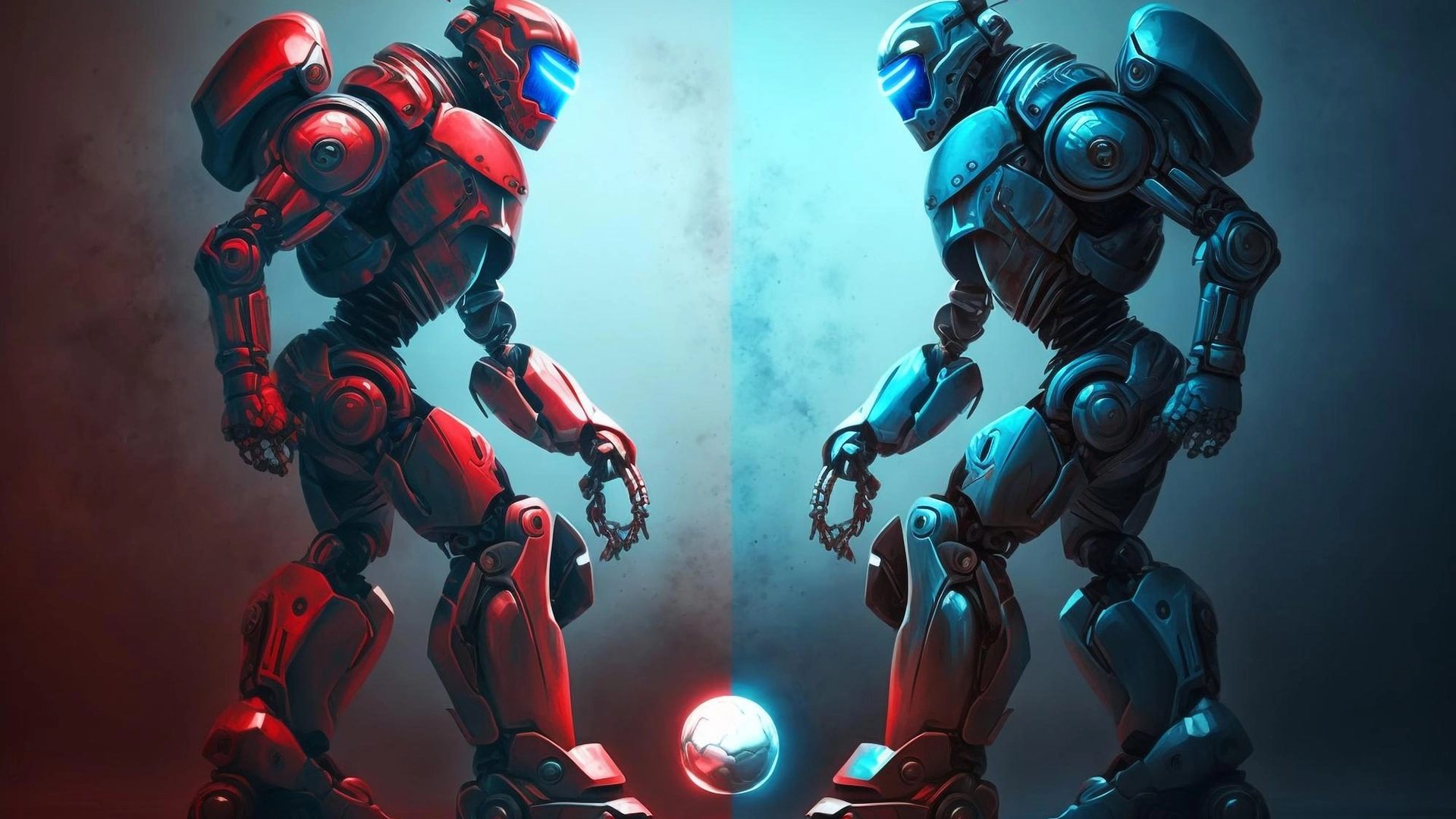
Image by Tohamina, from Freepik
China Hosts World’s First Humanoid Robot Martial Arts Tournament
China hosted the world’s first humanoid robot martial arts tournament, where clumsy AI-powered bots offered more laughs than terrifying sci-fi moments.
In a rush? Here are the quick facts:
- Robots were AI-enhanced but controlled via remote and voice commands.
- Matches included punches, kicks, and point deductions for knockdowns.
- Most robots moved awkwardly, resembling toddlers more than fighters.
China achieved a historic milestone by organizing the world’s first humanoid robot martial arts tournament which delivered more comedic than frightening sci-fi elements.
The World Robot Competition – Mecha Fighting Series hosted by China Media Group in Hangzhou on May 25 featured four humanoid robots developed by Unitree Robotics.
PCGamer reports that the G1 model robots measure 132 cm in height and weigh 35 kg while their price tag reaches $16,000. The robots possessed AI movement capabilities yet humans operated them through remote controls and voice commands, as noted by Vice.
The competition consisted of three two-minute rounds for each match. The scoring system awarded one point for punches but three points for kicks and five points for falling. A round loss occurred immediately when a robot stayed down for more than eight seconds while a 10-point deduction applied.
“These robots need to mind their movements and react to their opponent’s moves,” said Li Gaofeng from Zhejiang University, as reported by PCGamer. “All these requirements significantly challenge the robots’ algorithms, electronic parts and speed reducers.”
The bots threw jabs and kicks—some accurate, others hilariously off-target. “Combat fight is a difficult task for humanoid robots due to the intensive confrontation during the fight,” added Li, as reported by PCMag.
Despite their headgear and gloves, most robots looked more like toddlers learning to walk than lethal machines. “It is not easy to teach robots different movements,” said Unitree director Wang Qixin, as reported by Asia Times. “We used AI technology to train them,” Wang added,
Still, the event marked a leap in robotics progress. “Six months ago, people could not imagine humanoid robots performing these movements smoothly,” said Li, as reported by Asia Times.
Chen Xiyun, Unitree’s marketing manager, added, “The algorithms optimized for extreme conditions like combat could potentially benefit our daily lives,” as reported by Vice.


 Previous Story
Previous Story

 Latest articles
Latest articles 